No, not the crisis of 2023 but 50 years earlier in the 1973/74 season where, by the end of February 1974, we were rooted at the bottom of the Southern League South Division having not won a game since 1st December 1973. That December day we had a surprise 1-0 home win over Poole Town, our goal scored by Dennis Moore, his second in two games having scored the previous week in a 2-0 away to Ashford (Peter Frost our other scorer). It was nice to see Dennis at the opening of the recent exhibition, but he never mentioned his prowess as a goalscorer! Mind you, any goals scored that season would stand out as even our leading scorer, Archie Thorburn, totalled only 10 goals.
We did actually have a run of three draws over Christmas 1973: 2-2 away to Canterbury on Boxing Day (Thorburn, Bragg penalty), and consecutive 1-1 draws at home to Ramsgate (Bragg penalty) on 29th December and Dorchester (Frost) on New Year’s Day.
The next game, on 6th January 1974, was the return match away to Poole and, unusually, was played on a Sunday. This was during the UK power crisis which saw many people working a three-day week and Saturday designated a working day for some. Rolling power cuts caused disruption to all walks of life, and Saturday 3pm kick-offs were prohibited. As many of the players had other jobs, Sunday was the only real option to fulfil fixtures.
Unfortunately for us our run of draws came to an end with a 4-1 defeat, with our goal scored by Thorburn in what turned out to be his final goal for the club as he would leave shortly after.
That left Vic Bragg with five goals (all penalties) and Dennis Moore on four as the two remaining “high” scorers that season.
Looking at the line-up for the Poole game, we did still have a lot of experience in there but that would change quite quickly with many young local players being drafted in as finances deteriorated and players such as Thorburn departed.
A headline from the Argus of 29th March summed up the crisis situation above an article mentioning our financial troubles as well as those brought about by having an inexperienced team containing young players who were slightly out of their depth in the Southern League.
The article did, though, have some positive spin as it mentioned our surprisingly resilient performance four days earlier against Brighton in the Sussex Professional Cup replay at Town Meadow, drawing 2-2 after twice being behind.
This replay on 25th March 1974 – unusually taking place on a Monday evening – was needed as the first match, which took place at Town Meadow on 13th November, had ended 0-0 against a Brighton side featuring a teenage Tony Towner (who would play for us almost twenty years later).
Reading the match report of the replay, it sounded a feisty affair, with Crawley twice fighting back with goals from Tony Goodgame and (four minutes from the end) Neil Brister. Apparently Vic Bragg was put out of the game through an atrocious tackle from Brown, which our manager, Tony Elkins-Green, called “diabolical”. He went on to claim that referee Alan Gunn was the worst referee he had seen in a report that happened to state the referee’s home was Brighton! Apparently, things got so out of hand that Crawley players, including Tony Goodgame – no shrinking violet when it came to a physical game! – were threatening to leave the field. Unfortunately only 295 fans were present to witness the 2-2 battle, which necessitated a second replay on 4th April, also at Town Meadow.
This second replay, which also went to extra time, was another close affair and had Brighton’s managerial duo of the time, Brian Clough and Peter Taylor, watching from the terraces, although I seem to remember they left early and missed all the extra-time action which saw Brighton prevailing 2-1 in front of 316 fans. The Brighton side included seven players with Football League experience, with one of them, Ken Goodeve, a recent £20,000 signing from Luton. Our goal was scored by local lad Barry Morgan (an ex-Thomas Bennett schoolboy, like me!) but it was Brighton who went on to the final at Bognor after three matches spread over an incredible five months.
Just a week after this final Brighton match in front of just 316 fans, a crowd of 1,700 turned out for Vic Bragg’s testimonial match when a team of past and some present Crawley players (see photo) would line up against Crystal Palace, with the visitors winning 2-1 (our goal by Micky Griffiths).
If our on-field problems weren’t enough, we had some conflict between club officials over a bizarre idea of chairman Brian Finer’s to allow Crawley Round Table to use the Town Meadow pitch for its annual Donkey Derby! Bearing in mind its reputation as one of the worst pitches in the league, this seemed complete madness, even if it might give a small boost to our coffers. It certainly didn’t find favour with Stan Markham, our multi-talented manager, secretary and groundsman, who had just finished re-seeding the pitch (this was in the close season), while Vic Bragg was quoted as saying, “It must be one of the worst pitches in the country already, without having it churned up by donkeys.” There are no records of any fan responses to this, but bearing in mind how awful we were as a team, they can probably be imagined. My memory fails me as to whether the donkeys were let loose on the hallowed mud. Anybody else remember?
Out of interest I thought I would check how this week’s two opponents were faring in season 1973/74. Forest Green Rovers were in their second last season in the Gloucestershire County League. Quite a step up for them now, even if the away fans’ facilities at their ground are still stuck in the 1970s!
Our first game against Forest Green would be a Southern League Premier Division match in our first season at Broadfield in 1997/98 after our move from Town Meadow. Forest Green had just been promoted as champions of the Southern Division and were continuing that success, standing undefeated at the top of the table, with Crawley in second place. The match at Broadfield on 4th October 1997 attracted a season-high crowd of 2,163 who saw a tight encounter end 2-2, with Peter Garland and Jon Warden our scorers. Forest Green would go on to win the league and promotion to the Conference whereas our season fell away with the increased costs of using the council-run Broadfield stadium increasing the club’s financial burden. By the season’s end, we would have to fight off a winding-up order by HMRC. Sadly, that wasn’t the end of our problems – but that’s for another day.
The season of 1973/74 saw this week’s other opponents, Walsall, in Football League Division Three (corresponds to EFL League One) alongside teams such as Charlton, Blackburn Rovers, Bournemouth and Brighton – they would play the latter in a league game at the Goldstone just two days after Brighton beat Crawley in the Sussex Professional Cup game documented earlier in the article. In fact, one of the Brighton scorers in a 2-1 win against Walsall was Lammie Robertson, who had played a part in both Brighton goals against Crawley a few days previously. Walsall had also lost the home game to Brighton right at the beginning of the Clough/Taylor reign in November 1973 by 1-0, with that goal scored by Pat Hilton, who had also played against Crawley.
Those victories for Brighton against Walsall and Crawley were something of a rarity in a pretty disappointing season which saw them knocked out of the FA Cup by non-league Walton and Hersham in a replay at the Goldstone by an incredible 4-0 (I was there that day supporting the non-leaguers!).
I couldn’t find any record of Forest Green in the FA Cup that 1973/74 season (we lost 3-2 at home to Aveley in the second qualifying round after a replay win over Leyton in the first qualifier) but they did compete in the FA Amateur Cup, beating Avon and Cirencester in the first two qualifying rounds before a 1-0 home defeat by Yate. The 1973/74 season was the last season of the Amateur Cup (the FA Trophy had now taken over its role as the premier non-league cup competition), with Bishop Stortford beating Ilford 4-1 in the final at Wembley in front of over 30,000 fans.
Safe to say, both ourselves and Forest Green Rovers have come a fair distance since those days.
Mick Fox – mjfjo@yahoo.co.uk
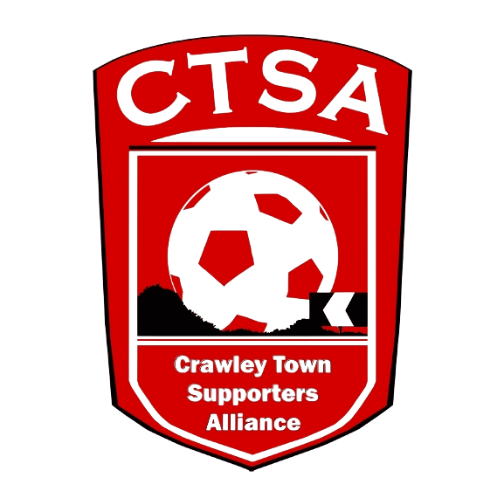
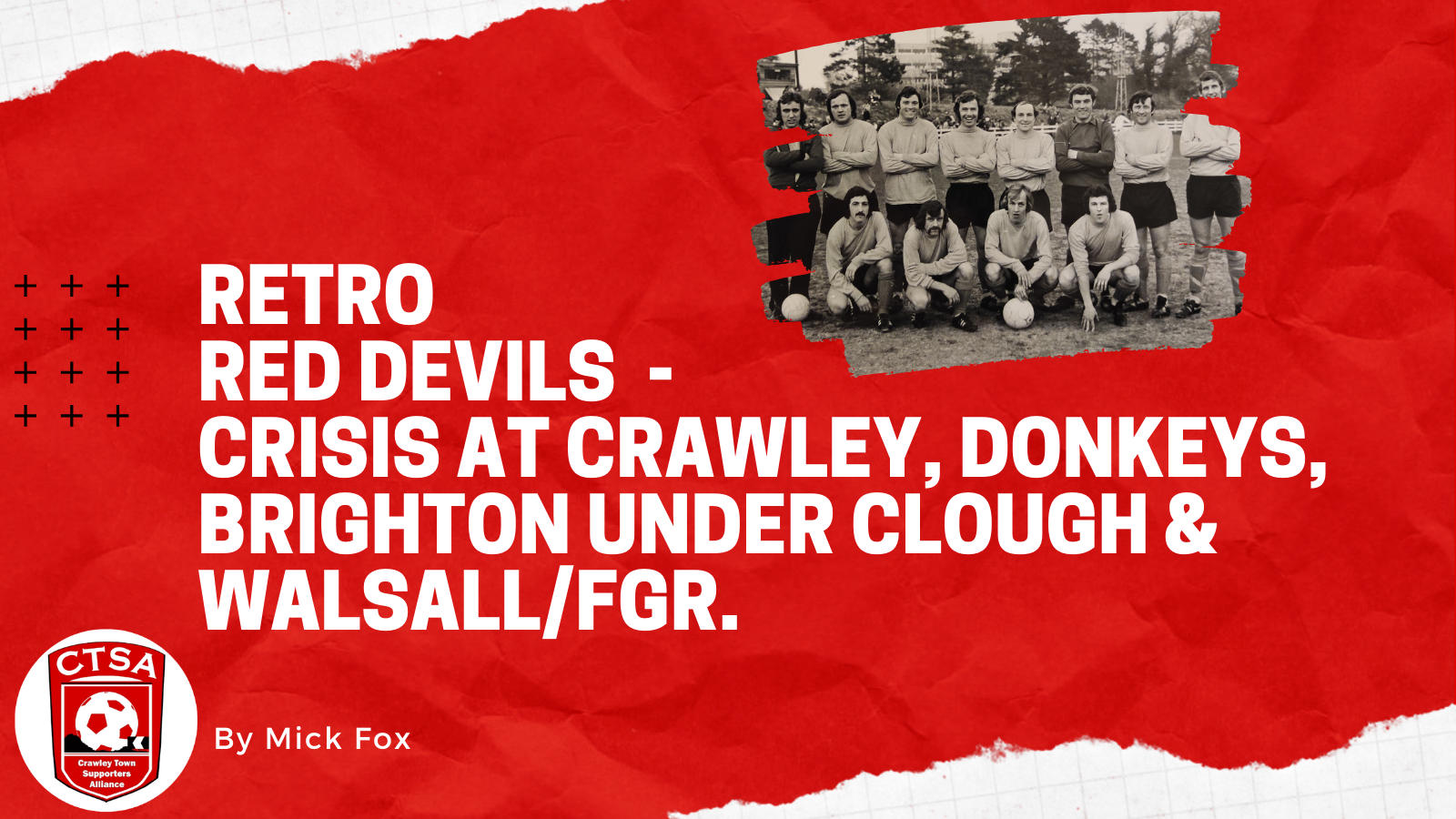
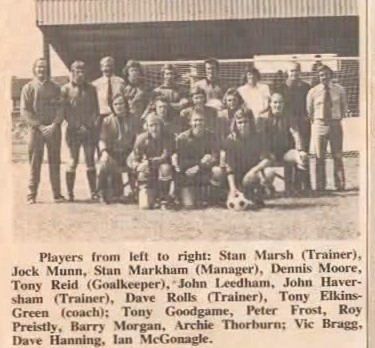
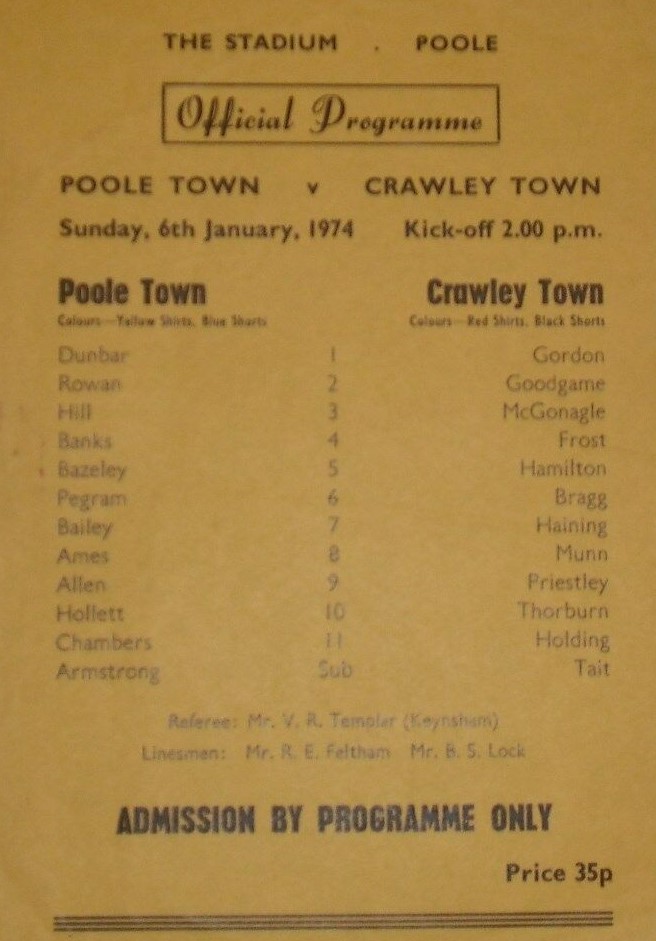
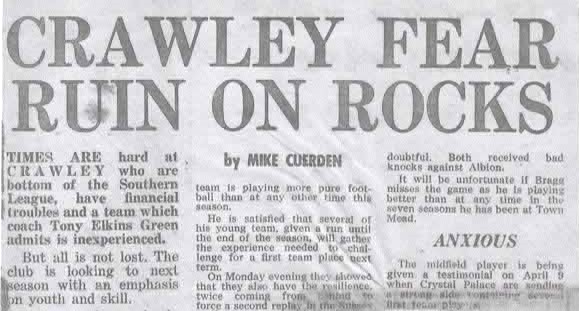
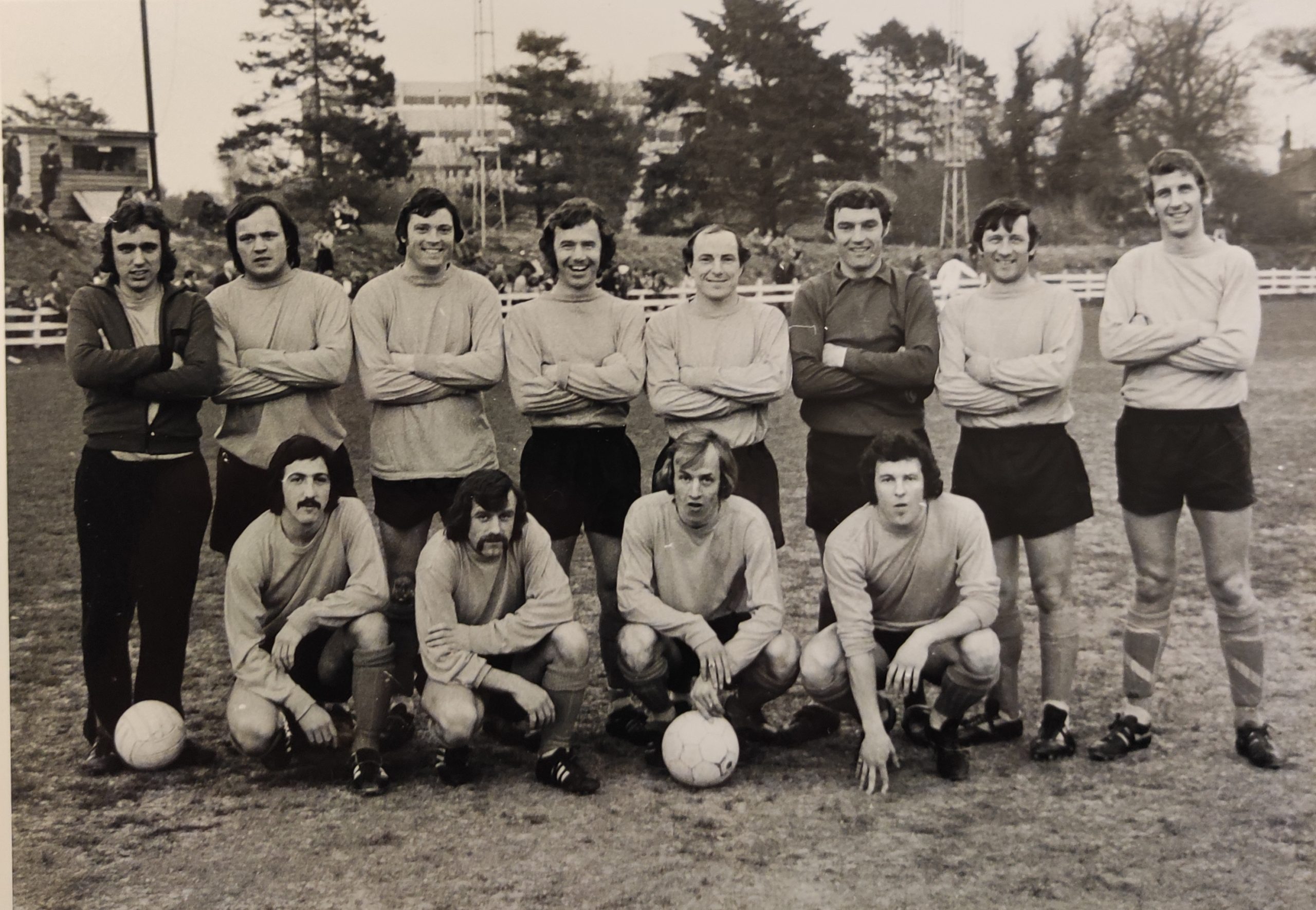
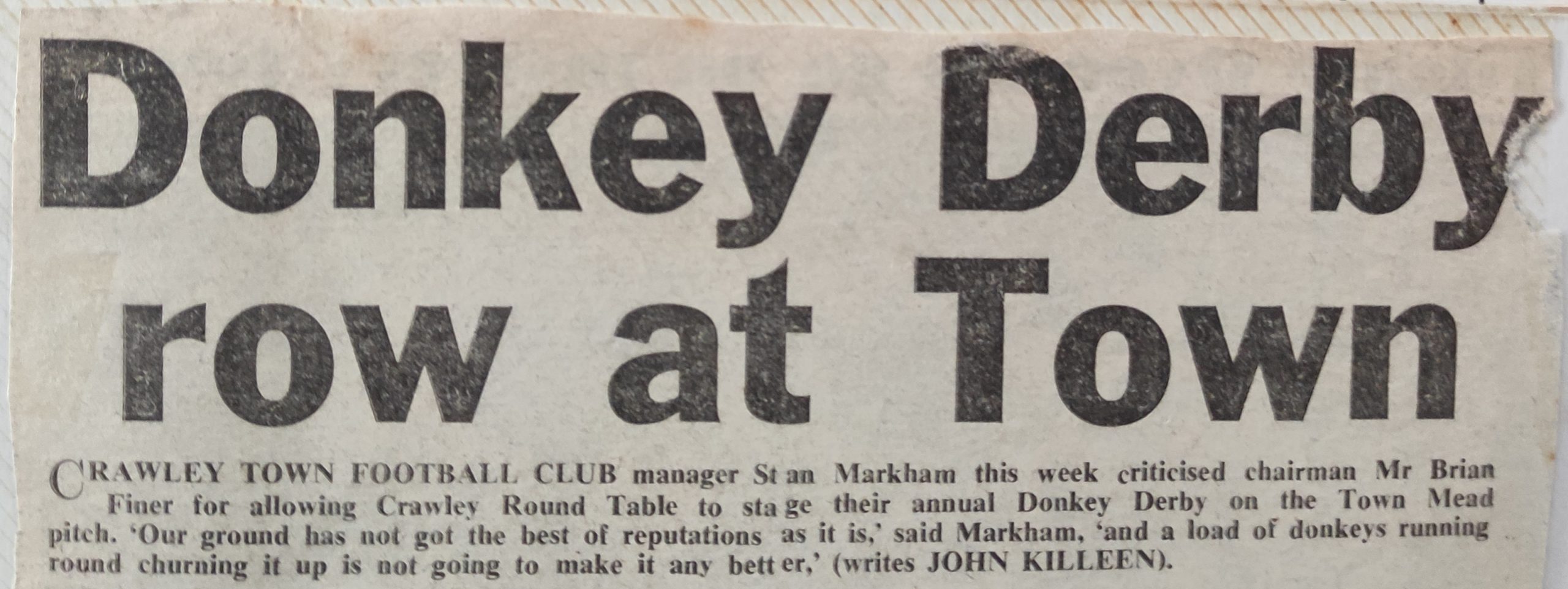
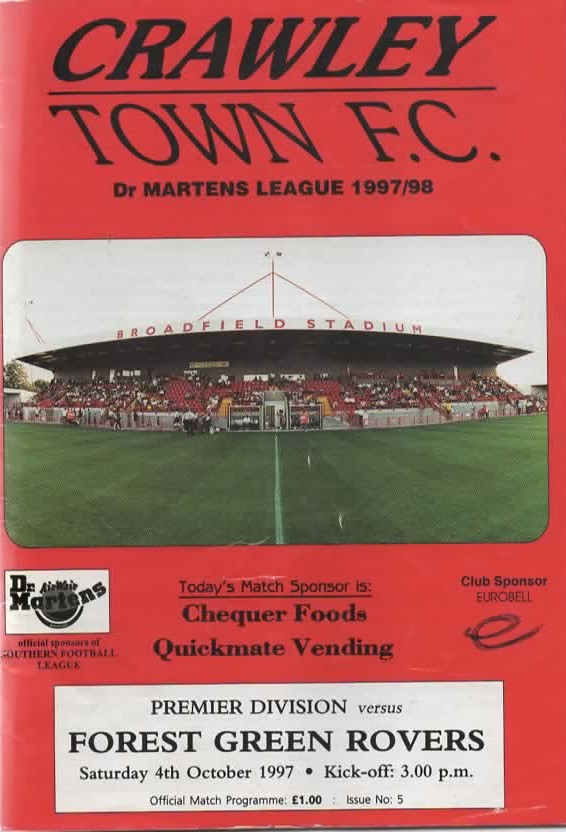
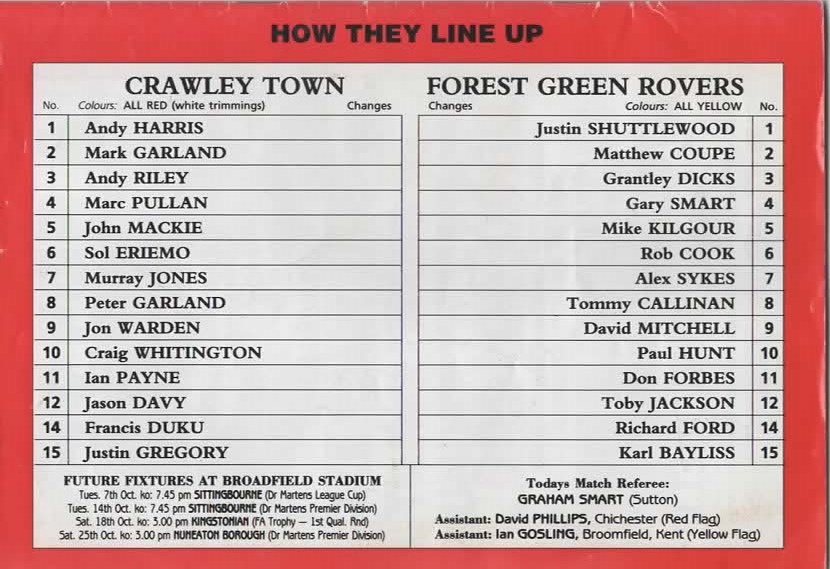

0 Comments